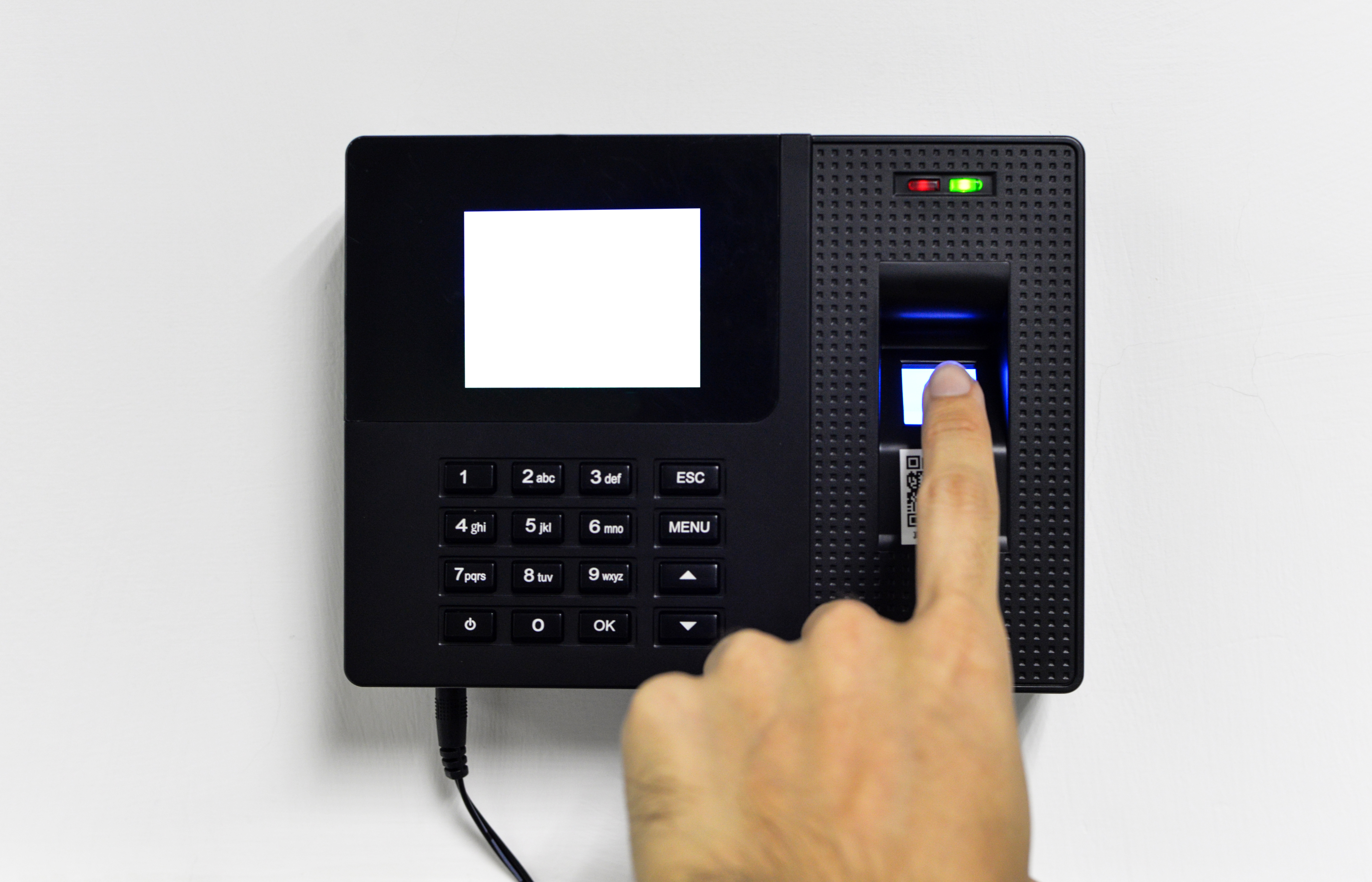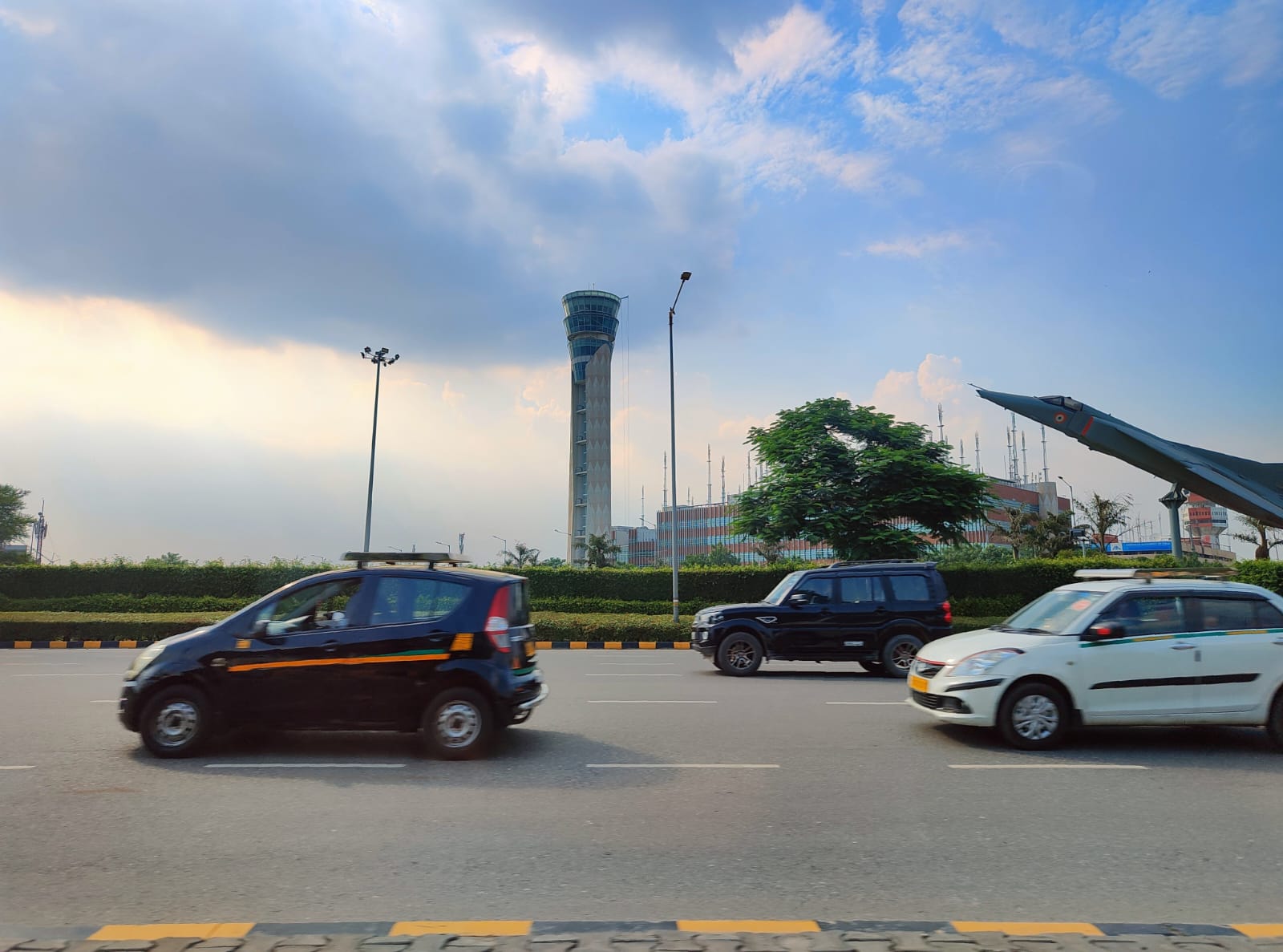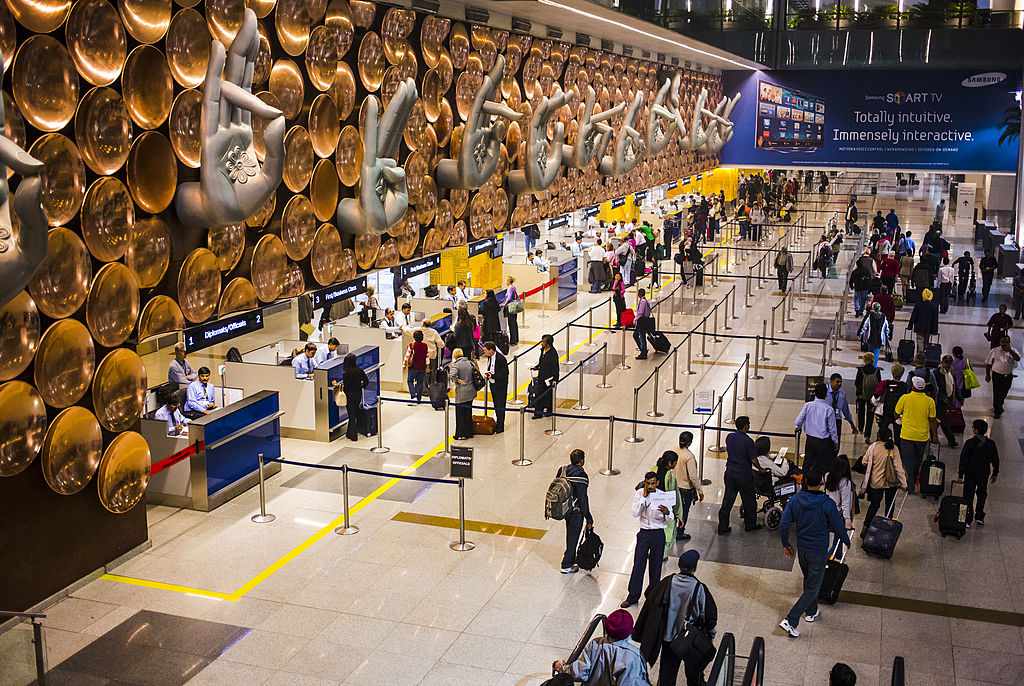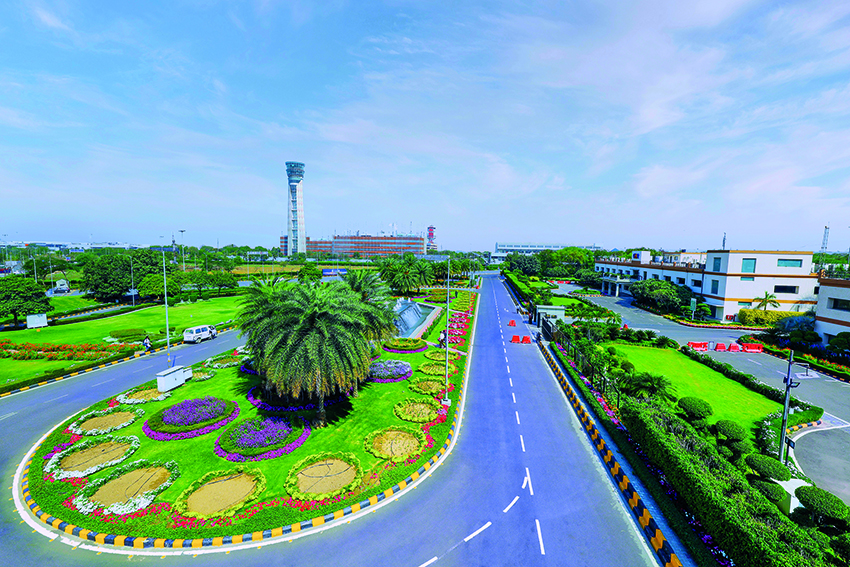
In an era of increasing global security threats and ever-growing air traffic volumes, airports worldwide are turning to advanced biometric systems as a cornerstone of their security infrastructure. These sophisticated technologies, which leverage unique physiological characteristics for identity verification, offer a promising solution to the complex challenges of maintaining robust security measures while simultaneously improving operational efficiency and enhancing the passenger experience.

The aviation industry is on the cusp of a technological revolution, with Artificial Intelligence (AI) and automation poised to transform air traffic control (ATC). This article explores the technical advancements and challenges associated with integrating AI and automation into ATC systems.

The modern airport landscape is undergoing a significant transformation. Driven by technological advancements and a growing focus on passenger experience, the concept of the "smart airport" is rapidly evolving.

The aviation industry's environmental footprint has come under increasing scrutiny in recent years, with airports serving as focal points for implementing sustainable practices. As critical nodes in global transportation networks, airports face unique challenges in balancing operational efficiency, economic viability and environmental stewardship.